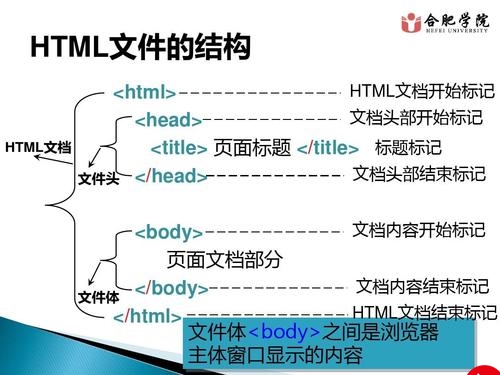encoding是编码的意思,在python中,Unicode类型是作为编码的基础类型。
Python encode() 方法以encoding指定的编码格式编码字符串。errors参数可以指定不同的错误处理方案。
encode()方法语法:(推荐学习:Python视频教程)str.encode(encoding='UTF-8',errors='strict')
参数
encoding -- 要使用的编码,如"UTF-8"。
errors -- 设置不同错误的处理方案。默认为 'strict',意为编码错误引起一个UnicodeError。 其他可能得值有 'ignore', 'replace', 'xmlcharrefreplace', 'backslashreplace' 以及通过 codecs.register_error() 注册的任何值。
返回值
该方法返回编码后的字符串。
以下实例展示了encode()方法的实例:#!/usr/bin/python
str = "this is string example....wow!!!";
print "Encoded String: " + str.encode('base64','strict')
以上实例输出结果如下:Encoded String: dGhpcyBpcyBzdHJpbmcgZXhhbXBsZS4uLi53b3chISE=
更多Python相关技术文章,请访问Python教程栏目进行学习!
以上就是python中encoding是什么意思的详细内容,更多请关注php中文网其它相关文章!
本文原创发布php中文网,转载请注明出处,感谢您的尊重!
更多推荐
python为什么中文要encoding-python中encoding是什么意思








发布评论